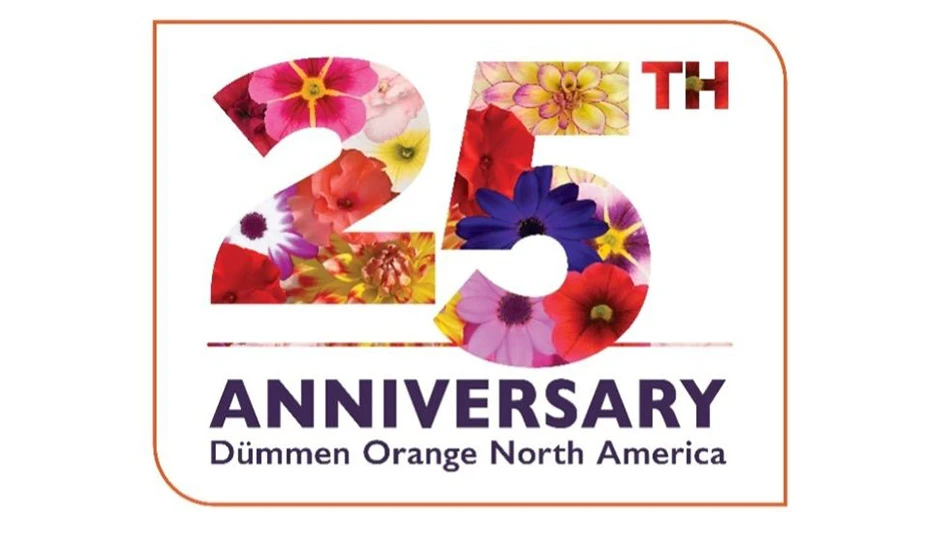|
Market challenges
Transportation
As the results of LCA research are completed and future studies are conducted, it is anticipated that the peat industry and individual companies will provide corporate sustainability reports on their accounts for environmental, social and economic implications. Over time the improvements in these accounts will be traceable and the evidence of improvement in the overall sustainable management of the companies and industry will be more transparent. It is expected that greenhouse operators will eventually be held accountable for their claims of sustainability. Armed with the documented accounts from the horticultural peat industry, individual growers will be better positioned to verify the commitment to sustainable management by their principle substrate suppliers.
Much has been discussed and reported about the carbon sequestration challenges and the anthropomorphic impact of peatland use. Europe and Indonesian reports on the impact of drainage and human-caused fires have provided numerous headlines and much controversy regarding peatland uses. The Canadian peat industry has examined its impact on the harvesting of horticultural peat. An evaluation conducted by masters student and researcher J.P. Cagaman and assistant professor Maria Strack at the University of Calgary entitled “Peatland disturbance and climate change: What is the role of Canada’s horticultural peat industry?” identified the following impacts.
These findings indicate that the Canadian harvesting of peat contributes very little to global and national greenhouse gas emissions. This does not mean that Canadian harvesting operations do not disrupt the carbon sequestration of peatlands, an important sink for carbon dioxide. Peatlands are natural biological resources and as such are subject to natural disturbance regimes. The major disturbance in Canada’s boreal peatlands is wildfires. Studies carried out in western Canada indicate that the direct and indirect effects of these fires amount to a source to the atmosphere totaling 23.1 Mt carbon dioxide per year (6.3 Mt C yr-1). It is estimated that decomposition from all harvested peatlands in Canada is 0.26 Mt carbon dioxide per year.
Harvested peatlands remain a source of carbon dioxide emissions for a period of time even though the ecosystem functions (biodiversity and water) have been restored. Therefore it is important to restore peatlands soon after harvesting is complete. The Canadian horticultural industry is committed to the Preservation and Reclamation Policy established through the Canadian Sphagnum Peat Moss Association. A key element missing in the understanding of the full implications to peat and carbon within the greenhouse industry are the greenhouse gas values associated with the various operations and products of the grower industry. Understanding the emissions within various greenhouse operations and values related to different products will be areas of future interest for joint research. Consumer assurance This assurance requirement applies for the purchaser of peat and peat products as well as the purchaser of greenhouse products. The concept of “chain of custody” links all elements of the value chain. In response to this increasing request for accountability, the Canadian horticultural peat industry has supported Scientific Certification Systems (SCS) in the development of the VeriFlora Certification for Responsible Peatland Management SCS has worked with the peat industry, government regulators and the scientific research community to develop and complete the peatland certification. Peat manufacturing companies are required to comply with specific criteria and their compliance is validated through external audits completed by an independent third party. Certification takes into account the following elements:
This is a very significant and important step by the peat industry in meeting its commitment to improving sustainability measures throughout the industry. It is anticipated that the certification system will provide increased assurance to consumers of the management commitment by the Canadian peat industry to responsible peatland management.
|

Explore the March 2011 Issue
Check out more from this issue and find your next story to read.
Latest from Greenhouse Management
- Flexible fungicides
- Super Charged Moon Juice from Moon Valley Nurseries now available nationally
- 2025 Proven Winners Horticulture Scholarship applications now open
- How to improve inventory and shipping management in the greenhouse
- Leading Women of Horticulture: Anna Ball, Ball Hort, and Terri McEnaney, Bailey Nurseries
- GM CEA HERB Part 2: A guide to increasing the sowing density of culinary herbs
- GM CEA HERB Part 1: Best practices for producing culinary herbs in controlled environments
- USDA fires experts on invasive pests, including Asian citrus psyllid, chilli thrips
.jpg)







